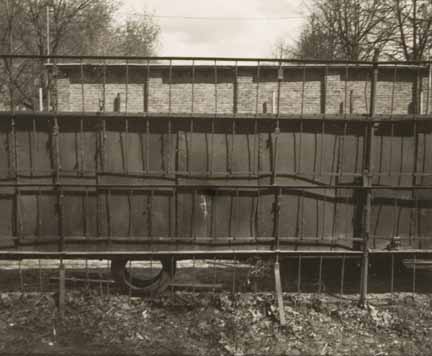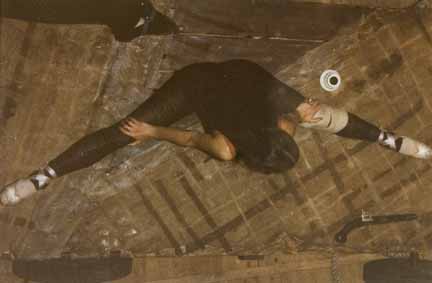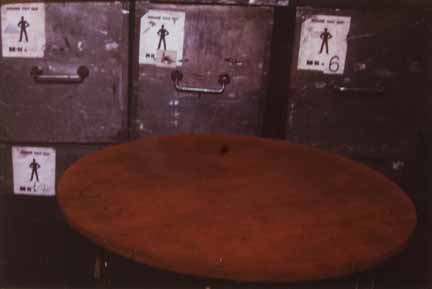About the Photographer
Savelev, Boris
Russian, b.1948 Ukraine
Born in Chernotsy, Ukraine, Savelev settled in Moscow in 1966 and went on to become one of Russia's most important photographers. After earning a degree in aeronautics in 1972, he worked as an engineer for roughly a decade. During this time Savelev also became a devoted amateur photographer and an active part of an emerging photography movement in Russia. Savelev, his wife Elana Darikovich, and others set out to establish creative independence for themselves as artists. They distanced their practices from social realism and the Soviet State's use of photography for propaganda, but also from the medium's journalist and advertising uses. While the government allowed them to pursue their work relatively unhindered, in the absence of an art market and without access to the official outlets of Soviet culture, they were left without a means of reaching a larger audience.
In 1983 Savelev began focusing exclusively on photography. In the latter half of the decade, Gorbachav's perestroika and glasnost reforms ushered in a greater degree of economic and political freedom and reduced cencorship. In the early 1990s, Savelev was one of the first Russian photographers to be published in the West following the dissolution of the Soviet Union.
Most of Savelev's photographs here date from this latter period in the 1980s and the early 1990s. Savelez photographed extensively on the streets in various cities in Russia, primarily with formal concerns in mind. In black and white photographs taken in St. Petersburg and Moscow in the 1980s, he extracts small slices of urban life, but the people who occupy his pictures are often just one element within larger visual arrangments. They share the frame with, say, the triangular forms of cafe umbrellas, the patterns of brick walls, or blocks of shadows. Chernovitz was another city that Savelev frequented, and in 1989 and 1990 he made a number of cibachrome prints there that employ the aesthetic and expressive qualities of color and light. These images are filled deep shadows, often obscuring the people or places they ostensibly depict, while the darkness is interrupted by areas of bright color. Savelev continues to live and work in Russia.




